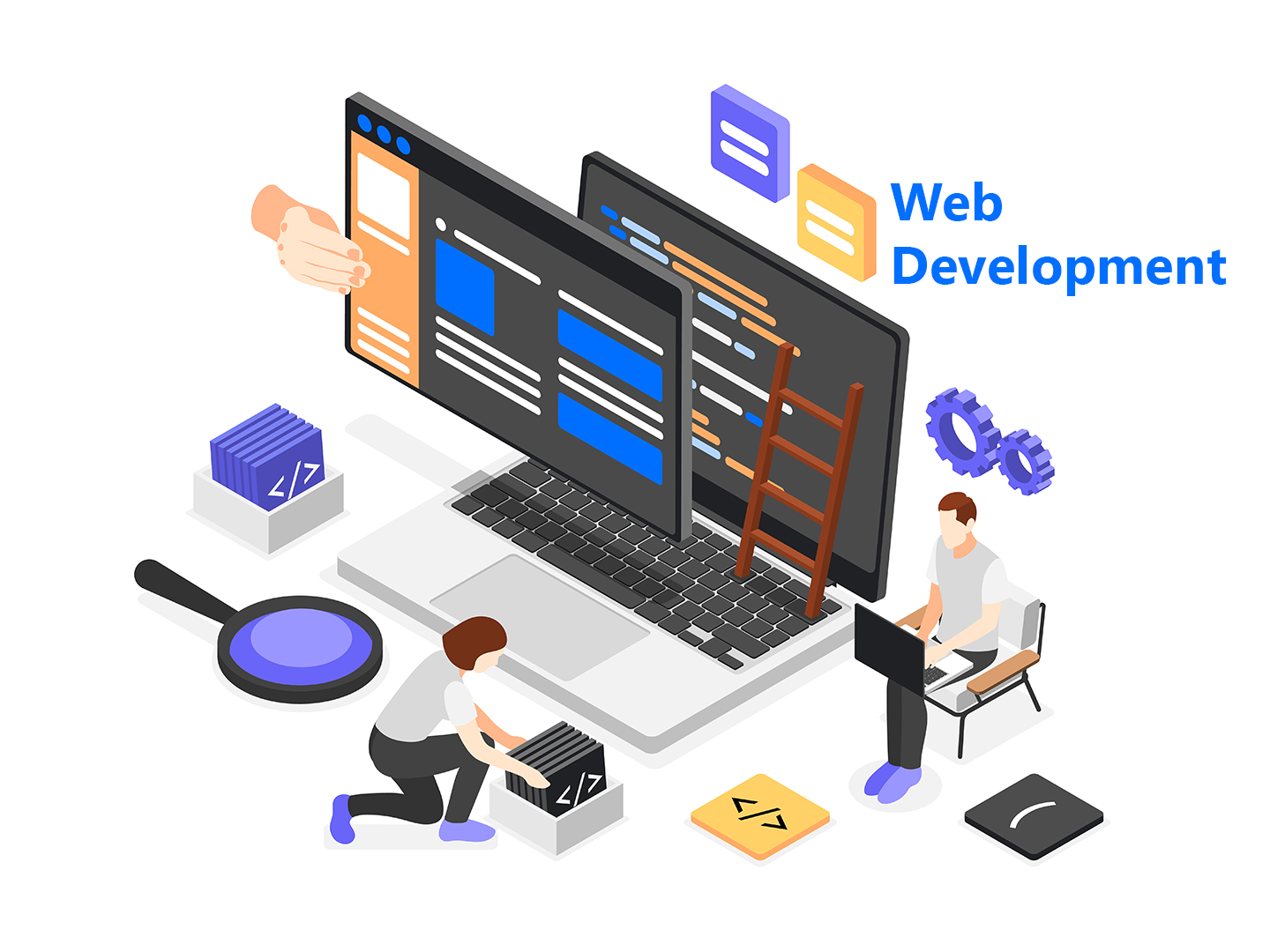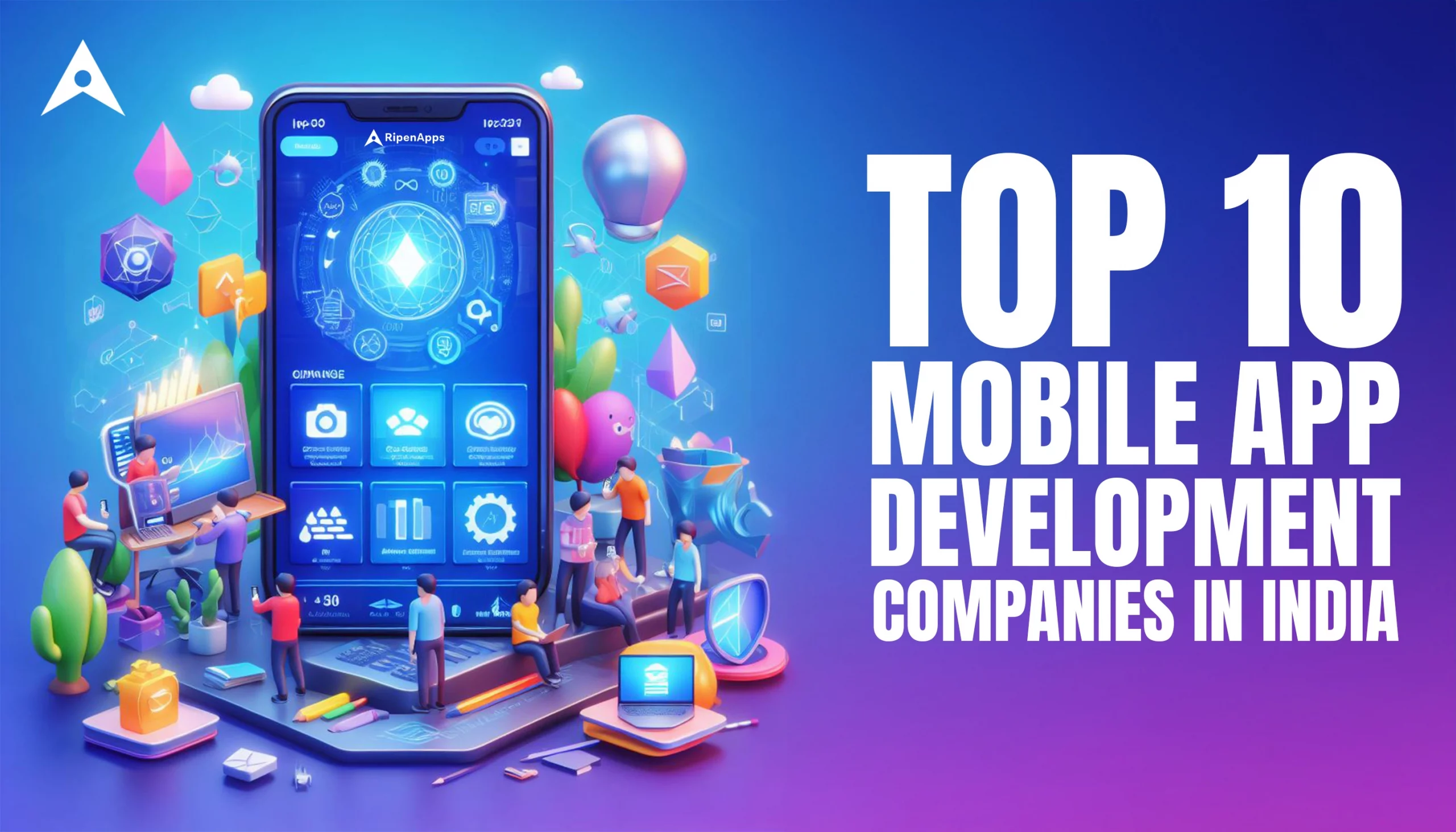
Cross-platform compatibility: Mobile apps can be developed natively for a specific platform (e.g., iOS or Android) or using cross-platform frameworks that allow the same codebase to be used across multiple platforms. Choosing the right approach depends on factors such as development resources, timeline, and target audience.
Integration with third-party services: Many mobile apps rely on third-party services such as social media, payment gateways, and location-based services. Integrating these services into the app requires careful planning and attention to security and data privacy.
Accessibility: Mobile apps should be designed to be accessible to users with disabilities, such as those with vision or hearing impairments. This includes features such as support for screen readers, text-to-speech, and high-contrast modes.
Push notifications: Push notifications can be a powerful tool for engaging with users and keeping them informed about new features, updates, or other relevant information. However, it's important to use them judiciously and provide users with the option to opt-out.
Localization: Mobile apps that target a global audience should be localized to support different languages, cultural norms, and local regulations. This can involve translating the app's content and user interface, as well as adapting the app's functionality to suit local preferences and requirements.
User feedback and engagement: Mobile apps should provide users with an easy way to provide feedback, report issues, and suggest new features. This can help developers identify areas for improvement and maintain a positive relationship with their user base.
Offline functionality: While mobile devices are designed to be always connected, users may sometimes experience poor network coverage or connectivity issues. To ensure that the app remains usable even when offline, developers can design offline functionality such as caching frequently used data and allowing users to save content for later viewing.
App store guidelines: App store guidelines and policies are constantly evolving, and it's important to stay up-to-date with the latest requirements and restrictions to ensure that the app is approved for distribution. This includes guidelines related to content, user privacy, security, and in-app purchases, among others.
User testing: User testing is a crucial part of the app development process, as it allows developers to gather feedback from real users and identify areas for improvement. This can be done through methods such as beta testing, focus groups, or user surveys.
Agile development: Agile development is an iterative approach to software development that emphasizes collaboration, flexibility, and rapid prototyping. This can be a useful approach for mobile app development, as it allows developers to respond quickly to changes in requirements and user feedback.
Code optimization: Mobile apps need to be optimized for performance and efficiency, as they run on devices with limited resources such as memory, processing power, and battery life. This requires careful attention to code optimization, including minimizing resource usage, reducing network requests, and optimizing code for specific devices and platforms.
App analytics: App analytics tools can be used to track user behavior, app performance, and other metrics, which can help developers make data-driven decisions about app improvements and marketing strategies.
 Best Mobile App Development Company in Delhi NCR | Oprezo India
Best Mobile App Development Company in Delhi NCR | Oprezo India
 Top Web Development Services in Delhi/NCR | Oprezo India – React JS, Angular JS, eCommerce & More
Top Web Development Services in Delhi/NCR | Oprezo India – React JS, Angular JS, eCommerce & More
 Top Mobile App Development Company in Delhi / NCR | Oprezo India
Top Mobile App Development Company in Delhi / NCR | Oprezo India
 Mobile App Development in Delhi - Android, iOS, Hybrid & Flutter | Oprezo India
Mobile App Development in Delhi - Android, iOS, Hybrid & Flutter | Oprezo India
 Why Oprezo India is the Best Web Development Partner in Delhi NCR?
Why Oprezo India is the Best Web Development Partner in Delhi NCR?